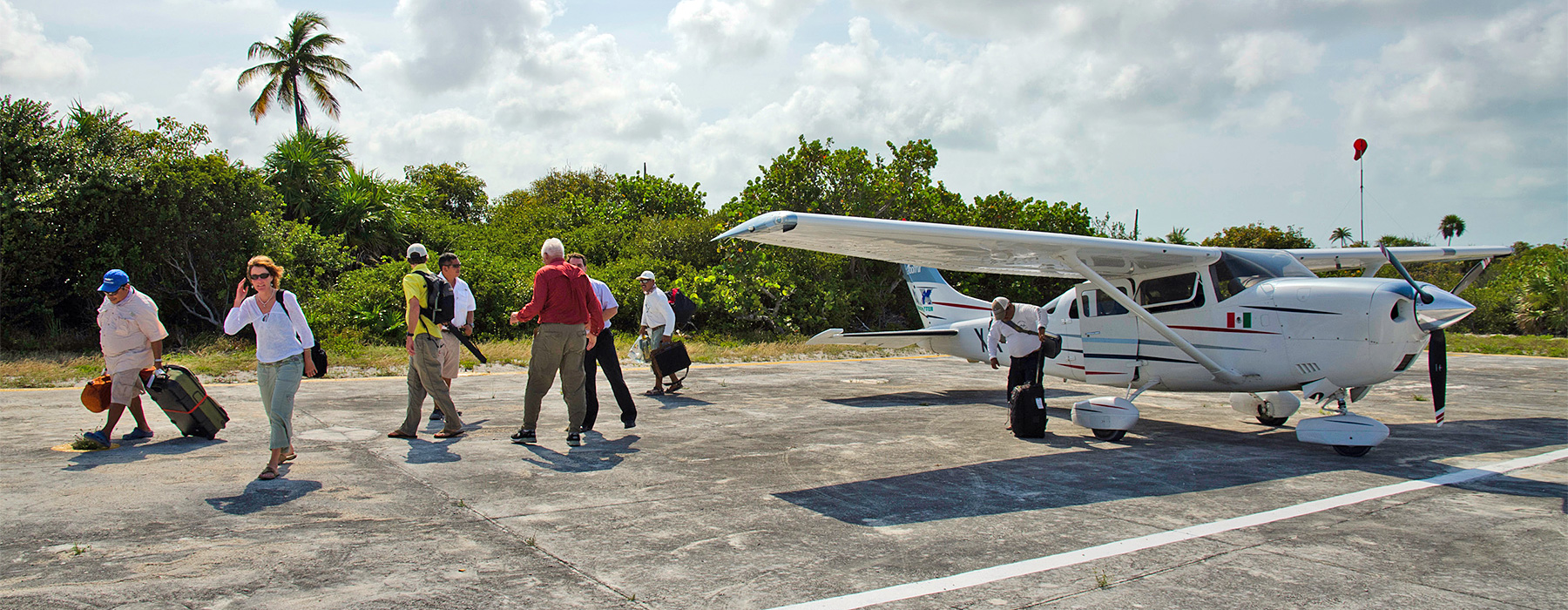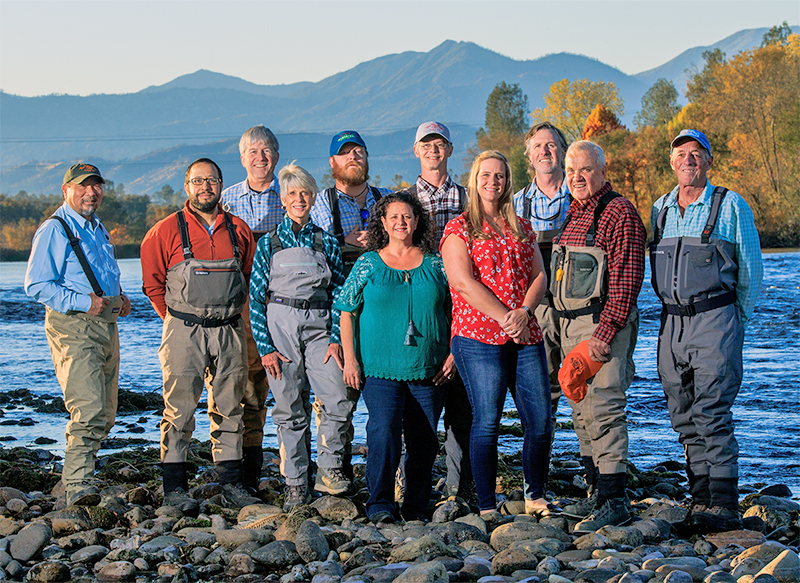Who Saved International Fly Fishing Travel?
by Don Causey
Founding Editor of The Angling Report
It would be an understatement to say that the fly fishing travel business was slammed hard by COVID-19. The global health emergency did not just make it almost impossible to travel for an agonizingly long time, it frightened and demoralized many older patrons of the business. I’m older myself. I know what it felt like. I kept fishing locally but I just could not imagine getting on a plane and flying somewhere to go fishing for a very long time. After a while I sort of forced myself to quit thinking about how much I missed my fishing trips.
Thankfully, the storm has now passed. Customers have come back in droves, by all reports, and they are so eager to go fishing again they are leaping over any and all residual obstacles. Lodges have reopened all over the world. Guides are back on the water. Hooray!
As we all celebrate the revival of international fly fishing travel, it’s worth taking a moment to consider how this sprawling, complicated, highly-specialized collection of small businesses survived the recent ordeal. No government stepped in to provide subsidies. There was no contingency plan on a bookshelf somewhere and no shoulder for anyone to cry on. It was just hanging on for dear life. Every man for himself! And yet, the community has largely come back together. How is this possible? Who provided leadership and hope? In short, who saved international fly fishing travel?
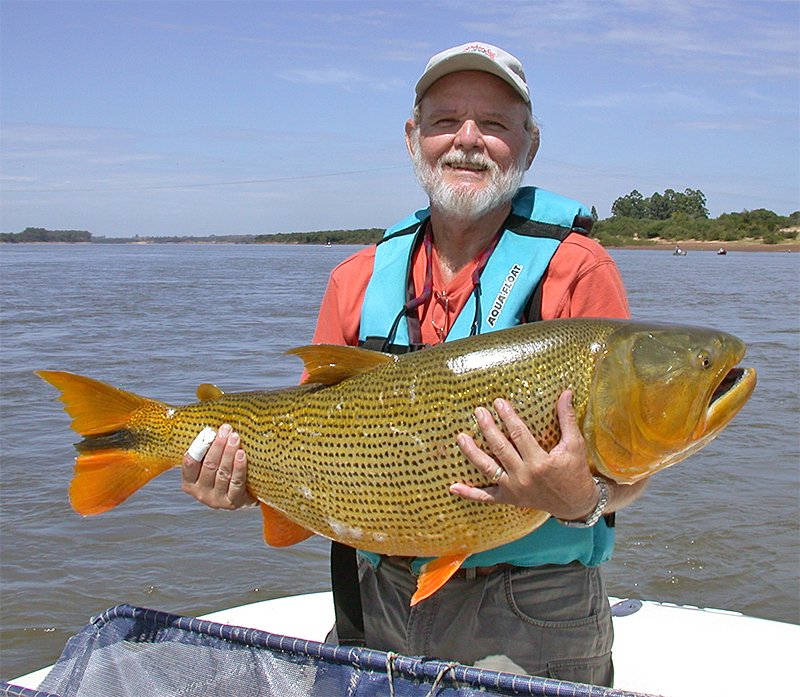 I’ll give you my opinion in a moment, but first let me establish my credentials for getting up on my hind legs and saying something about this matter. If you have fished a lot around the world, you probably remember The Angling Report, the newsletter for anglers who travel. That was my publication. I created it way back in 1988 and rode that bronco for something like 28 years before getting bucked off by really smart guys who came up with the idea that information should be free and they should keep the lion’s share of the money generated by an information business.
I’ll give you my opinion in a moment, but first let me establish my credentials for getting up on my hind legs and saying something about this matter. If you have fished a lot around the world, you probably remember The Angling Report, the newsletter for anglers who travel. That was my publication. I created it way back in 1988 and rode that bronco for something like 28 years before getting bucked off by really smart guys who came up with the idea that information should be free and they should keep the lion’s share of the money generated by an information business.
At any rate, The Angling Report was a genuinely independent voice in fly fishing travel. As editor for most of the tenure of the publication, I personally wrote hundreds of reports on fly fishing operations all over the world. Later, I broadened my source of information by allowing trusted subscribers to participate in the pursuit of truth about guides and lodges. It was a hoot, receiving all that feedback from knowledgeable subscribers who bought into my idea of trying hard to tell the truth about the places they had visited. Readers told me they enjoyed the publication, particularly its Good, Bad and Ugly section that helped push service providers toward doing the right thing.
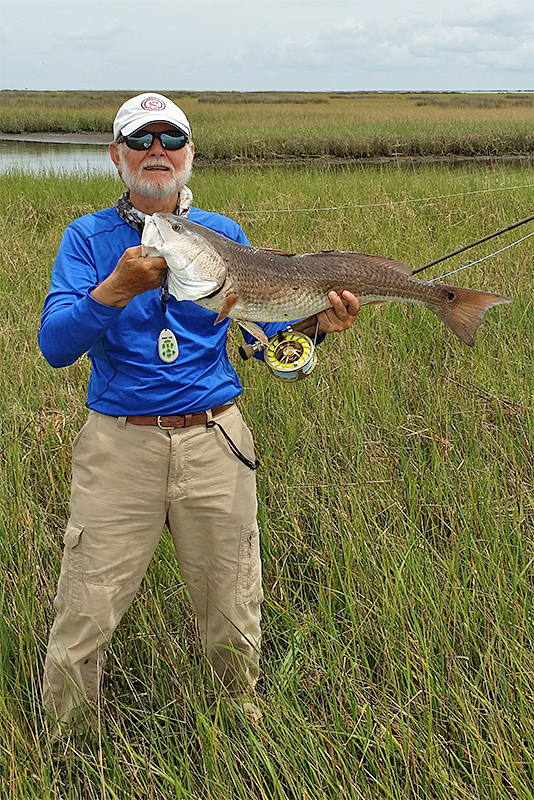 Fortuitously, I began to publish The Angling Report during a long period of general prosperity and relaxed world conditions. New opportunities were springing up like mushrooms after a spring rain. Cuba. South Africa. Botswana. Tanzania. The Bahamas. Seychelles. Giant swaths of South America. Surprising new spots in the Caribbean. Fringe areas of Australia. New places to die for in Russia and Alaska. Even Yemen was opened to risk-tolerant anglers, as I recall. Concurrently, already developed spots were improving their service and facilities. Better and broader airline service made everywhere easier to reach. Just grab your passport and go. The whole world was open!
Fortuitously, I began to publish The Angling Report during a long period of general prosperity and relaxed world conditions. New opportunities were springing up like mushrooms after a spring rain. Cuba. South Africa. Botswana. Tanzania. The Bahamas. Seychelles. Giant swaths of South America. Surprising new spots in the Caribbean. Fringe areas of Australia. New places to die for in Russia and Alaska. Even Yemen was opened to risk-tolerant anglers, as I recall. Concurrently, already developed spots were improving their service and facilities. Better and broader airline service made everywhere easier to reach. Just grab your passport and go. The whole world was open!
Times were so good back then it was easy to overlook the fact that all these new places to fish did not just spring up spontaneously and hang out a welcome mat. Someone was providing money, start-up consulting, encouragement, and absolutely necessary early outreach to customers. That someone was booking agents, whose contributions to our community are vastly under-appreciated, in my view.
Think about it. Many of the fly fishing entrepreneurs who created the current banquet of opportunities around the world were small-time guys with big dreams and little cash to spend. Some had money and an idea for a lodge or guiding service but no idea what to do next. That’s where booking agents made the difference. They provided the bridge from idea to execution. Yes, we would have quality international fly fishing opportunities today without booking agents, thanks to the involvement of larger companies, but what would be missing are many of those breathtakingly exciting niche opportunities in Chile, Alaska, and elsewhere that have enriched our lives in recent years.
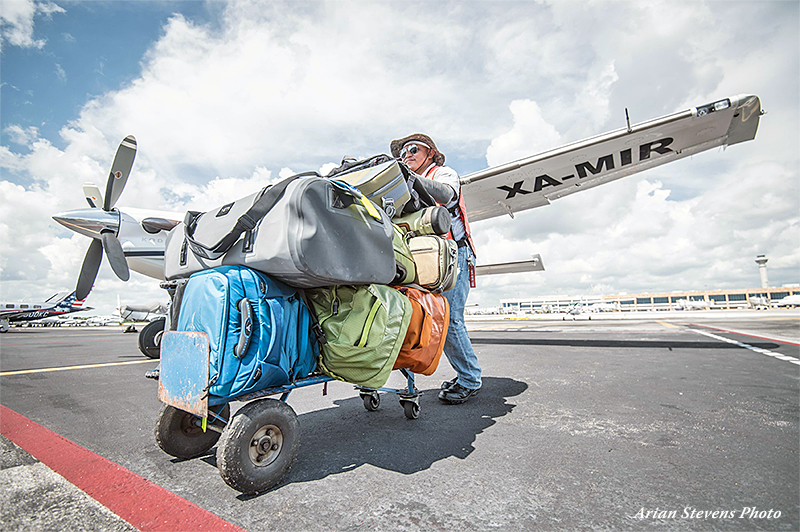
At this point, it is probably obvious that I’ve been building a case to celebrate fly fishing booking agents for their role in saving international fly fishing travel. No, agents did not solve all the problems and manage all the anger that broke across our community in early 2020, but (like mangroves) the good ones softened the brute force of the storm and kept whole parts of the community from coming apart at the seams. Everyone who had something to lose in the COVID nightmare knows what I mean by the term “good agents.” They were the ones who didn’t cut and run from the avalanche of calls that came in when it became apparent that a lot of deposits and full payments for trips were not going to be fully honored right away, or ever in the wake of COVID restrictions. They were the ones who hung in there with partners, helping untangle flight schedules and providing clients accurate guidance on evolving health protocols. On balance, I am dead sure those clients who had trips booked with hard-working agents when the pandemic hit are way happier as a group than those clients who had booked online or directly with a service provider. Importantly, I am pretty sure that most of the guides, outfitters, and lodge owners who use agents for their bookings were equally glad to have agents helping them deal with the COVID nightmare.
 This shared benefit between agents, outfitters, and clients is worth remembering as the industry enjoys what appears to be a post-COVID boom. The good times don’t mean there aren’t some underlying trends at work that pose a threat to agents and their ability to serve their clients and keep the community growing. For starters, online booking platforms are proliferating, and individual operators are becoming more adept at marketing directly to clients. On top of that, clients are becoming more comfortable running down leads on their own. These trends have already decimated the ranks of generalist travel agents who used to sell vacation trips to places like Hawaii and Europe.
This shared benefit between agents, outfitters, and clients is worth remembering as the industry enjoys what appears to be a post-COVID boom. The good times don’t mean there aren’t some underlying trends at work that pose a threat to agents and their ability to serve their clients and keep the community growing. For starters, online booking platforms are proliferating, and individual operators are becoming more adept at marketing directly to clients. On top of that, clients are becoming more comfortable running down leads on their own. These trends have already decimated the ranks of generalist travel agents who used to sell vacation trips to places like Hawaii and Europe.
Fly fishing travel is immensely more complicated than vacation travel, of course, and this makes fly fishing agents more valuable than generalist agents. It will be years before fly fishing travel agents begin to lose their place in the business, if indeed they ever do completely. What is more likely is a gradual, “hidden” erosion of new business as younger would-be clients earn the money and have the time to go fly fishing on a grand scale.
What agents need to do at this point, in my view, is collaborate on the creation of an organization to promote the use of booking agents and explain the many things they do for the community other than sell trips and send out pre-trip information packets. The target audience for this organization should be clients and service providers alike, as the future behavior of both groups will determine the future of booking Agents.
Make no mistake – members of both groups have probably never considered how important agents are in the overall scheme of things because no one has ever explained that to them in an organized way. Early client access for new operators, assistance with messaging, instruction on client expectations, tackle consulting when new species like golden dorado become available – the list of values goes on and on. I became acutely aware of the unsung values of booking agents many years ago, thanks to my unique vantage point at Angling Report, where I received a fairly steady stream of complaints from clients, some of them from clients who had booked direct and some who had booked through an agent. Almost every time an agent was involved in a trip that generated a complaint the controversy morphed into a published exchange of correspondence with an outfitter who had solved a problem with a client and burnished his reputation by doing so. Complaints about direct-booked trips often ended badly for everyone involved.
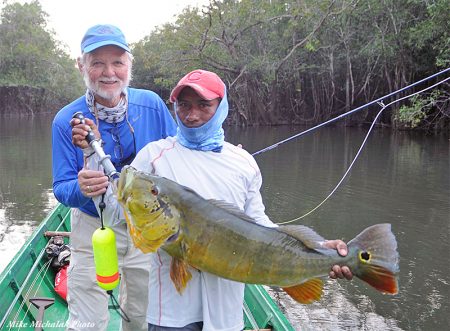 The unmentioned caveat in all this praise directed at agents is the reality that not all agents earn their commission on trips. Some are lazy, and a few do genuinely bad things, which I will not dwell on here in a report focused on celebrating the revival of fly fishing travel and suggesting ways we can help the community continue to thrive. But it is worth noting that hard-working agents would be doing themselves a big favor if they created a Code of Conduct for Agents. That is another possible reason to create an advocacy organization. Membership in the organization could be limited only to those who abide by that code.
The unmentioned caveat in all this praise directed at agents is the reality that not all agents earn their commission on trips. Some are lazy, and a few do genuinely bad things, which I will not dwell on here in a report focused on celebrating the revival of fly fishing travel and suggesting ways we can help the community continue to thrive. But it is worth noting that hard-working agents would be doing themselves a big favor if they created a Code of Conduct for Agents. That is another possible reason to create an advocacy organization. Membership in the organization could be limited only to those who abide by that code.
– Don Causey, doncausey@msn.com


